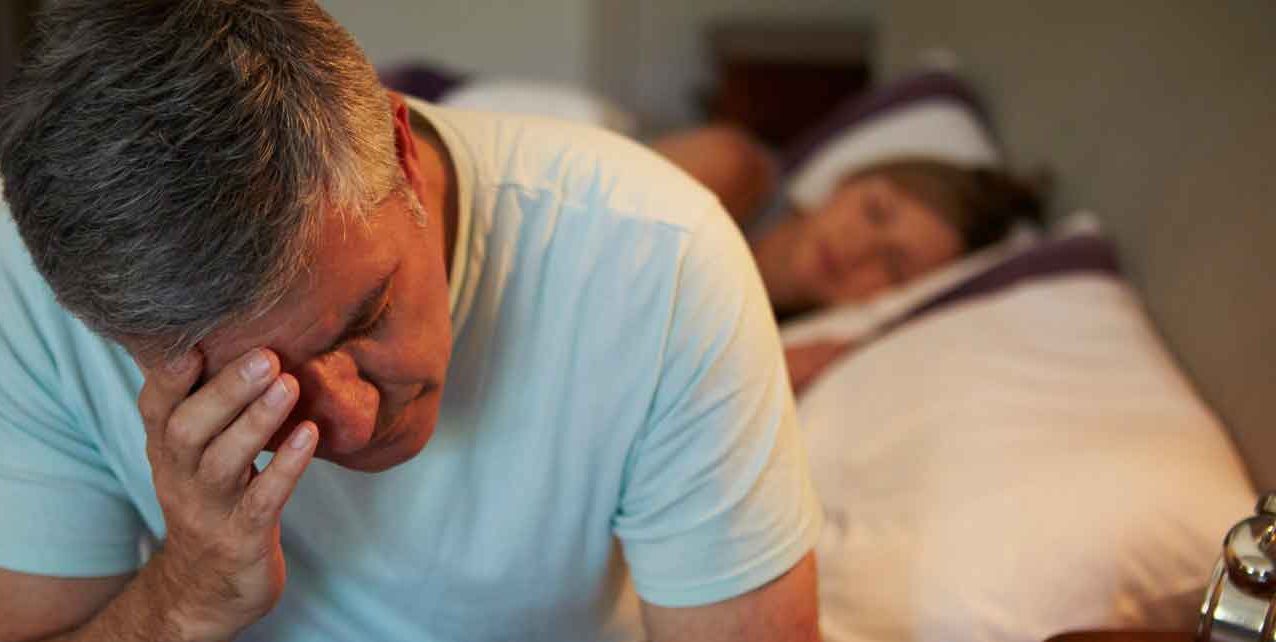How to Recover from Burnout

Burnout, feeling extra tired in your daily life, is real and shouldn’t be ignored; it can cause depression, physical problems, and hurt your productivity at work.
Burnout is more than feeling extra tired after a busy period in your life. Sometimes called “vital exhaustion” by doctors, burnout is a state of physical, mental, and emotional exhaustion from too much to do and excessive stress.
If your job is the source of your burnout, you aren’t alone. Forty percent of U.S. workers report they are stressed out at work, and about 26 percent say they are suffering from symptoms of burnout, according to the American Institute of Stress But it’s not only work that can leave you with feeling “fried” — caretakers for the elderly and sick family members and others juggling too many personal responsibilities can suffer from burnout, too.
YOU MIGHT ALSO LIKE: How Stress Affects Your Health
Unfortunately, if you don’t learn how to recover from burnout, the odds are you’ll feel even worse over time. Dozens of studies have linked burnout to an increased risk of heart disease and heart attack, muscle aches and pains, type 2 diabetes, depression, anxiety, and sleep disorders, the American Psychological Association points out.
When your job is the main cause of your burnout, it’s time to take a serious assessment of your work situation and see if it’s time to look for another position — or to find a way you can make your current job less stressful. If you feel your job isn’t a good match for your personality and talents, set up a meeting with your manager to discuss potential opportunities in other areas of the organization.
One study found a lack of control and flexibility in jobs often contributes to burnout. University of Minnesota sociologist Phyllis Moen, PhD, and Erin L. Kelly, PhD, professor of work and organization studies at the MIT Sloan School of Management, looked at a work flexibility program that included shifting work schedules to allow some employees to work from home. The results showed the workers who had more flexible work schedules reduced their level of burnout and also increased their job satisfaction and productivity.
While it’s not always possible to change your work schedule or to telecommute, it makes sense to talk to your manager about the possibility if you are suffering from burnout from trying to meet family obligations or due to long commutes.
An increasing number of companies are willing to consider flexible schedules.
“Crucially, these workers are also more efficient and more productive on the job. In other words, workplace flexibility is beneficial — not detrimental — to organizations," Moen said.
No matter what’s going on in your workplace, how to recover from burnout involves making a commitment to healthy self-help strategies. For example, although regular exercise is a well-known stress-buster, it’s easy to skip when you feel burned out. But even a daily walk can help you sleep better, increase your fitness level, and boost energy.
Arianna Huffington is a famous example of someone who suffered from burnout — it left her so sleep-deprived she fell asleep at her desk, collapsed, and broke her cheekbone. Now Huffington urges employees and friends to never skimp on sleep. To recover from burnout, take her advice and make adequate sleep a top priority, even if it means going to bed earlier than you prefer.
Being mindful of healthy eating is important, too. Grabbing fast food or calorie laden snacks when you are hungry and stressed for time can make symptoms of burnout worse. Instead, keep healthy snacks, like fresh fruit and nuts, handy.
When faced with the physical and mental exhaustion of burnout, some people use excessive caffeine, alcohol, and both prescription and recreational drugs to cope. If you are having problems with substance abuse, or with other health or emotional symptoms, talk to your doctor or a counselor and get professional help about how to recover from burnout.
YOU MIGHT ALSO LIKE: Eating Refined Carbs and Junk Food Can Cause Depression.
Updated:
April 02, 2020
Reviewed By:
Janet O’Dell, RN